Inspire middle east
Vibrant, diverse, and plentiful are a few words that describe the UAE’s culture and art scene, which also serves as a hub for regional creatives stemming from the Middle East and North Africa to share their work, before the pandemic.
To maintain this active community during the COVID-19 pandemic, the country supported residing artists across 25 fields of innovation in the creative sector by giving out about 140 financial grants.
Leading these efforts is the country’s Minister of Culture and Youth, Noura Al Kaabi.
The young minister is a staunch advocate of cultivating the arts locally and globally, seeing the culture and innovation industry as a way to promote UAE culture and innovation across the globe, in addition to contributing the emirate’s economic sustainability and growth.
Creative access
Noura Al Kaabi speaks to Inspire Middle East
Despite facing the challenges of empty cinemas and previously locked down art venues, Al Kaabi believes culture is never on hold, with the UAE’s response to the pandemic being proof of cultural resilience.
Looking at a post-COVID art scene the minister believes it will be reconstructed in a better way, taking advantage of practices developed during the pandemic.
“The advantage of getting your content or getting your work [to] transcend beyond a gallery border ... is how can we utilize such a platform,” Al Kaabi told Inspire Middle East, speaking about digitisation. “Isn't the role of culture for it to be accessible to everyone? Not make [it] just [for] the ones who are privileged to be able to travel or be able to enjoy visiting a museum?”
Intellectual property protection
With many artists sharing their work online, the question of intellectual property has been a heated topic of debate. Al Kaabi says the Ministry of Culture and Youth is working closely with its economic counterpart to develop IP protection and other policies to secure the original ideas of artists.
The minister also highlighted the importance of spreading awareness to artists about how they can protect their own artwork, which she hopes will encourage them to share their work more frequently.
“Nowadays it’s a sector that is very vibrant, and it’s a sector that is even ahead of other sectors that are contributing to the GDP,” says the minister.
When asked about how the creative industry collaborates with the economy, Al Kaabi cited the job of licenses for freelancers and microbusinesses which include filmmakers, editors, make-up artists, etc.
“The license is a business license, therefore it's a business environment,” Al Kaabi explained. “Therefore, there are job creations that are happening in that sector, yet having the right measurements for the sector and identifying the creative jobs that the sector will provide. There are the institutions and there are the thousands of media and creative agencies that are within the UAE that require us to look very closely and focus on the sector.”
Communicating cultures
A bird’s-eye view of Hagia Sophia
Last year, the UAE became one of the 58-member states at UNESCO’s executive board, which is dedicated to preserving and empowering cultural entities globally.
In 2018, in partnership with UNESCO and Iraq, the UAE signed a $50 million agreement to rebuild the cultural heritage of Mosul, including the city’s iconic al-Nouri Mosque and al-Hadba Minaret.
The UAE is an active member of UNESCO and is contributing to the rebuilding of historical sites. On the topic of Hagia Sophia’s venture as a museum-turned-mosque, the minister recounts fondly.
“I remember visiting Hagia Sophia. And for it to be incarnated as a museum and as a testimony that it's for all – it's for different cultures from different backgrounds,” she says.
“Using certain elements of a political agenda or an ideology - that is what hurts culture. There's disharmony [and it] defeats the purpose of coexistence, it defeats the purpose of having a place that is inscribed as a World Heritage site the UNESCO and turning and limiting its accessibility.”
The Conventual Church of Our Lady of the Hour under construction in Mosul
Last year, Pope Francis made a historic visit to the UAE capital and led an interfaith conference, and also celebrated a pioneering outdoor mass with some 135,000 Catholics.
The UAE hopes that the recent Abraham Accords with Israel will reflect a more welcoming space with the possibility of residents exchanging knowledge and perspectives.
The minister is particularly interested in the two-way transfer of literature between the countries.
“I would tend to look into how we would look at the Israeli literature, and how can they [Israelis] look at the Arabic literature. Let’s see [in] the next 50 years,” says Al Kaabi, hoping that children in the UAE today will develop a new level of cultural understanding in the future. “That’s my dream.”
SEEN ON SOCIAL MEDIA: INSPIRATION
US-based Iraqi dancer Fadi shared this photo, to inspire creativity in others during the pandemic.
With contributions from Nancy Sarkis and Arthur de Oliveira.


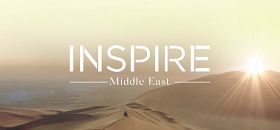

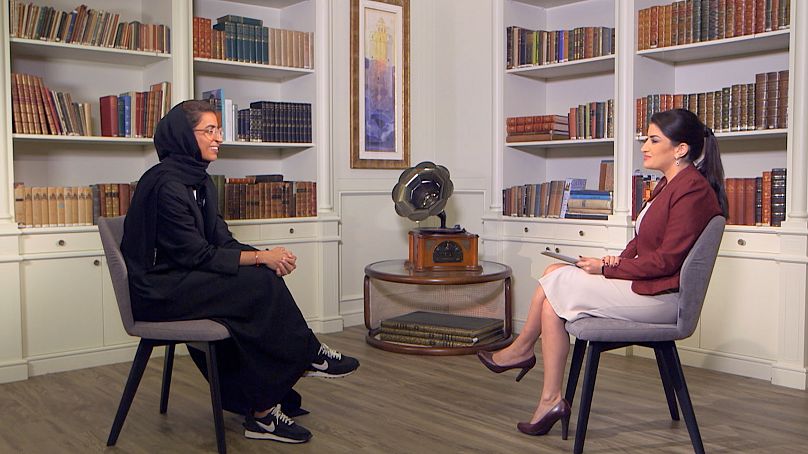
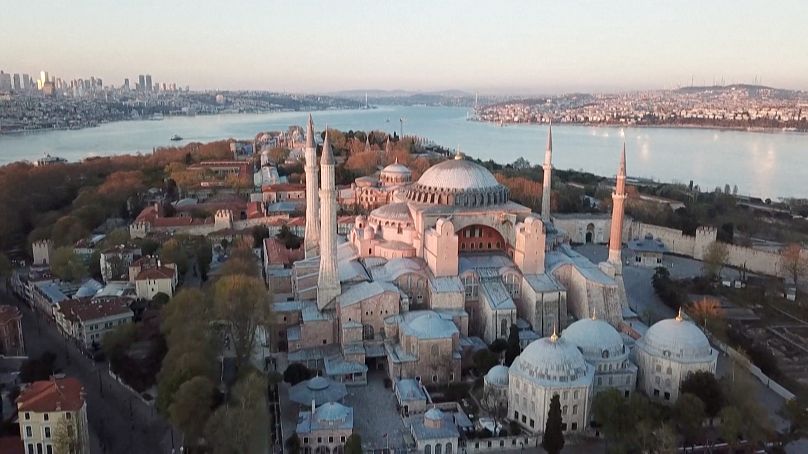
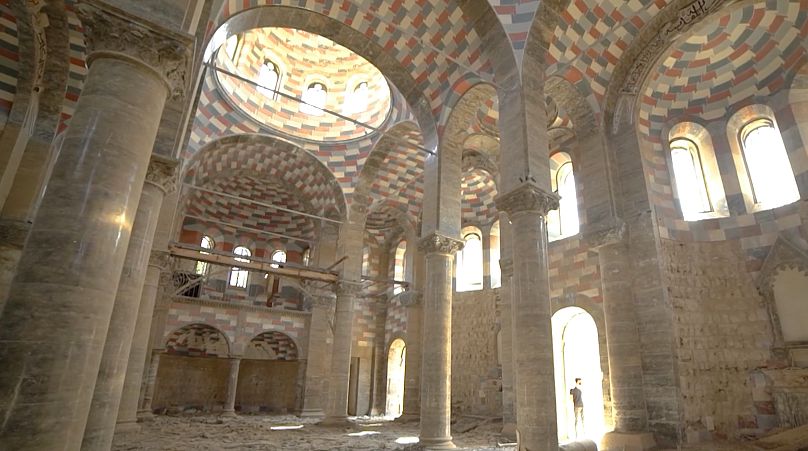

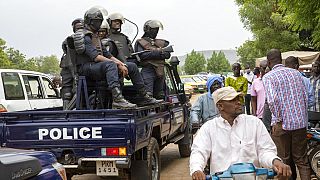
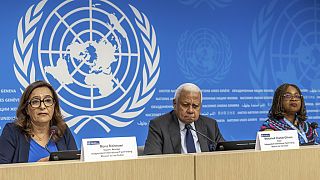
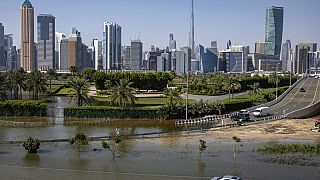
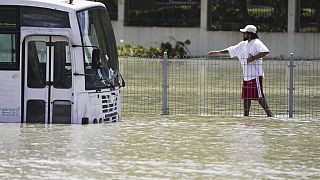
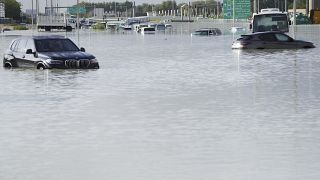


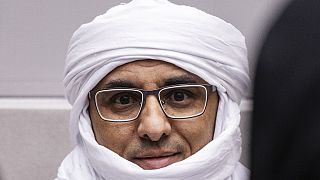
01:07
Yale University to offer course on Beyoncé next year
02:14
Gospel music star Tamela Mann speaks about her latest album, 'Live, Breathe, Fight'
02:17
Akazehe: a unique Burundi greeting risks disappearing
Go to video
Russia probes alleged cargo jet shoot-down in Sudan's Darfur
02:16
Mandombe writing gains popularity in DRC amid controversy
02:20
Rwandan artists present a "genocide play" in a theater in Pakistan